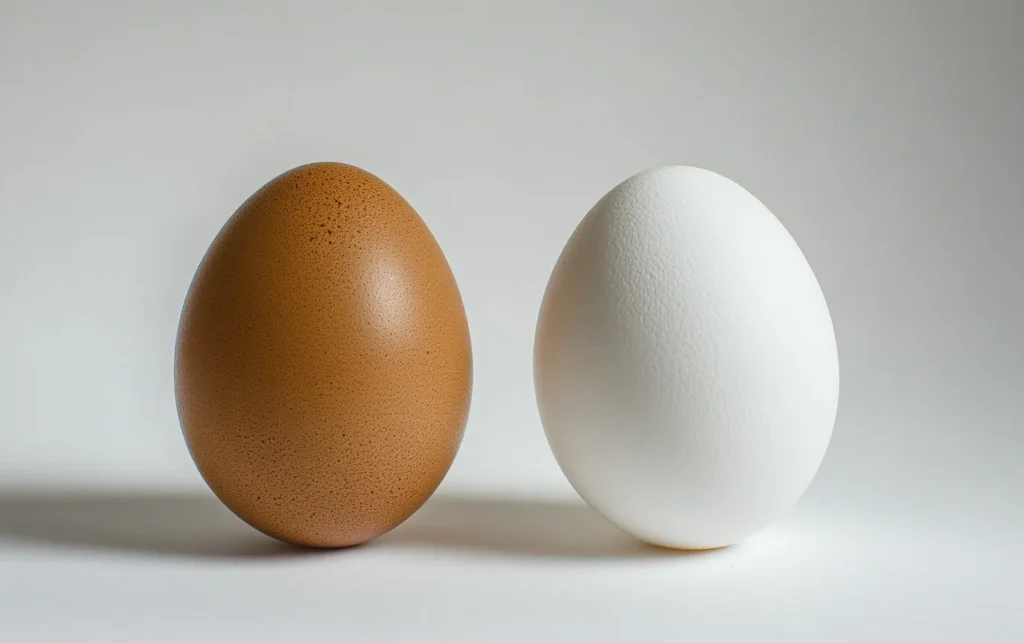When it comes to choosing eggs, many people have a preference for either brown or white. This leads to the ongoing debate: Are brown eggs healthier than white eggs? In this article, we’ll dive into the truths, nutritional aspects, and factors affecting the color of eggs.
The Color of Eggshells
The primary difference between brown and white eggs lies in their shells. The color is determined by the breed of the hen that laid them. Typically, white-feathered hens with white earlobes produce white eggs, while brown-feathered hens with brown earlobes lay brown eggs.
Nutritional Value
Many consumers assume that brown eggs are more nutritious than white eggs, but research indicates that there is virtually no difference in their nutritional profiles. Both types of eggs are rich in:
- Protein
- Vitamins (A, D, E, and B12)
- Minerals (iron, zinc, and phosphorus)
- Healthy fats
Factors such as the hen’s diet, living conditions, and overall health play a more significant role in nutrient content than the color of the eggshell.
Perception vs. Reality
Consumers often perceive brown eggs to be more “natural” or “organic,” which can lead to a willingness to pay a premium price. However, these perceptions are not grounded in the actual nutritional differences between the two types of eggs.
In many cases, brown eggs come from hens that are raised in more organic or free-range environments, which may contribute to enhanced nutrient profiles, but this is not a universal rule.
In conclusion, the health benefits of brown and white eggs are nearly indistinguishable. Your choice should be guided by your preferences, culinary needs, and price rather than the color of the eggshell. Whether you choose brown or white eggs, rest assured that both can be a healthy addition to your diet.

